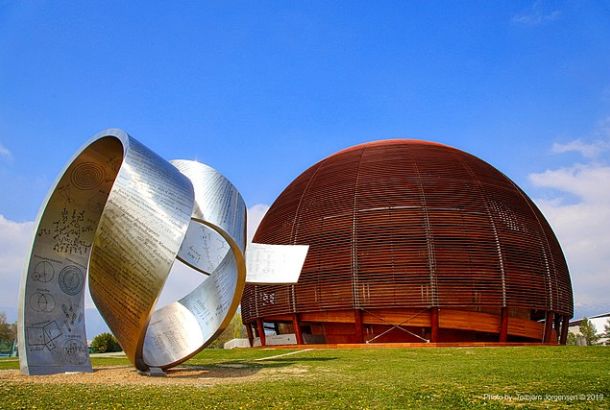Research into invisibility cloak published
University of Manchester mathematicians seem to have taken some inspiration from Harry Potter as they published news of an “invisibility cloak” that could protect buildings from earthquakes.
Dr. William Parnell and his team have been researching the possibility of cloaking in order to prevent damage caused by severe vibrations. Dr. Parnell’s research has shown that pressurised rubber could cause a powerful wave to simply wrap around the structure so they simply would not “see” the building. This may prevent millions of pounds worth of destruction.
Areas of the world where earthquakes are not common could also benefit from this technology; structures such as government buildings, pylons and nuclear power stations could be protected from natural disasters and terrorist attacks.
The damage caused by earthquakes and similar disasters does not just affect a local area. In 2011 the earthquake in Japan, which was a whopping 8.9 magnitude-tremor, did not just devastate the area of North Eastern Tokyo with dozens of business affected and factories destroyed. This had a knock-on effect with businesses that trade with Japan and millions of dollars were lost worldwide.
University of Manchester students studying for a year in a Japanese lab that suffered earthquake damage, lost six months of work with no chance of replacing it.
This cloaking technology is building on a previous six years of research into the theory and possible methods.
Speaking of the success of the research Dr. Parnell said, “Five or six years ago scientists started with light waves, and in the last few years we have started to consider other wave-types, most importantly perhaps sound and elastic waves…We showed theoretically that pre-stressing a naturally available material – rubber – leads to a cloaking effect from a specific type of elastic wave.”
It seems we might not be so far behind science fiction as we though, when it comes to cloaking at least.







